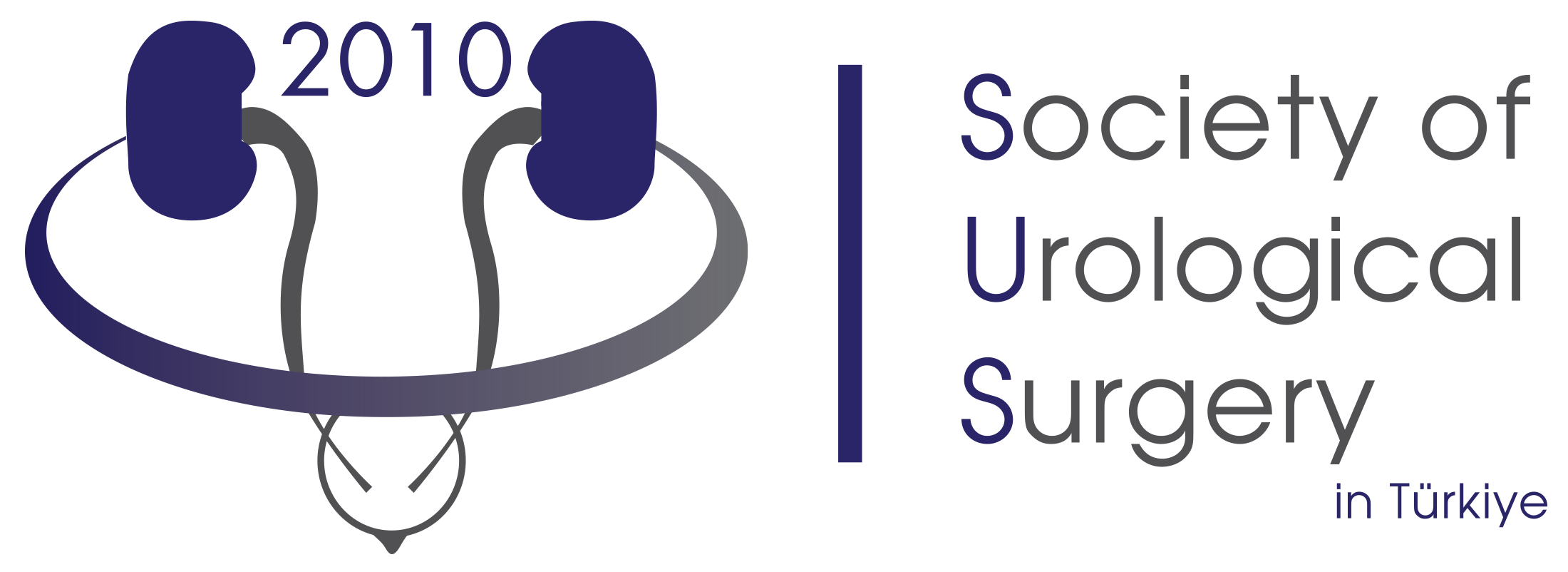EDITORIAL COMMENT
Oxytocin (OXY) is a powerful hormone acting as a neurotransmitter in the brain. OXY has significant effects on mammalian behaviors including social interaction, love and sexual reproduction, lactation, parturition, uterine contraction and orgasm. As a possible new idea, wound healing effect of this hormone was suggested. In this study, the authors examined the effects of OXY and an OXY receptor antagonist [atosiban (ATO)] on skin wound healing, considering epithelialization and neovascularization. In this study, skin wound healing was evaluated using intravital fluorescence microscopy in a model of full dermal thickness wounds in mice. The animals received low or high doses of intraperitoneal injection of OXY or ATO daily. Morphological and cellular characterization of skin tissue repair was performed by histology and immunohistochemistry, in vitro cell proliferation and cell migration assays in this study. The evaluation of skin tissue repair due to this protocol showed that there was no major effects of OXY and ATO on epithelialization, neovascularization, wound cellularity, or inflammation. As a result of this animal study, it was reported that OXY had no significant effects on physiological skin wound healing in vivo. However, further well designed researches on especially local application of OXY are needed.



